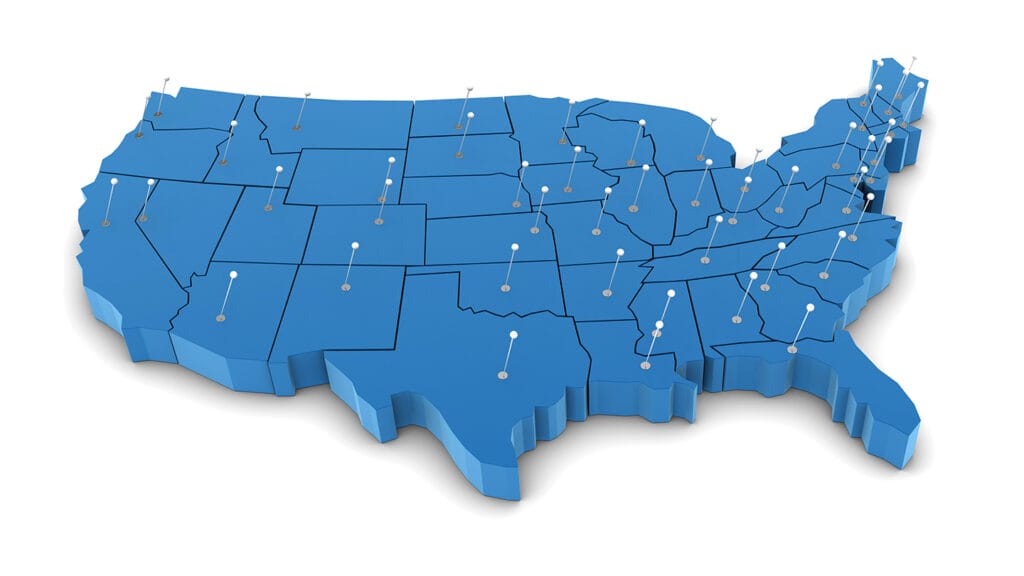
Hospice providers are praising the introduction of legislation Thursday that proposes the creation of a demonstration project to support improved access to palliative care services through a community-based model.
Sens. Jacky Rosen (D-NV), John Barrasso (R-WY), Tammy Baldwin (D-WI) and Deb Fischer (R-NE), co-chairs and co-founders of the bipartisan Senate Comprehensive Care Caucus, introduced Expanding Access to Palliative Care Act (S.2565). If passed, the bill would require the Center for Medicare and Medicaid Innovation to develop a community-based palliative care (CBPC) demonstration. The model would provide essential interdisciplinary care to people with serious illness in their home and lead to improved quality and cost outcomes.
“There are many benefits to allowing patients to seek palliative support through early referrals,” National Hospice and Palliative Care Organization COO and interim CEO Ben Marcantonio said in a statement. “Hospices and community-based palliative care providers are uniquely positioned to deliver this model of care. Their longstanding expertise in advance care planning, pain and symptom management, interdisciplinary care and more make these organizations ideal entities to deliver a model of care in support of people and families dealing with serious illness at home.”
Hospice providers have been pushing for years for a community-based palliative care demonstration project. Palliative care provides medical and spiritual care to people suffering from serious, complex illnesses. Some private insurance companies and Medicare Advantage plans cover community-based palliative care services, but traditional Medicare does not.
NHPCO has drafted a framework for a CBPC model aimed at improving patient outcomes and experience of care while reducing unnecessary emergency department visits and hospitalizations for high-risk patients. Additionally, this model will address social determinants of health to improve outcomes for those living in under-resourced areas.


